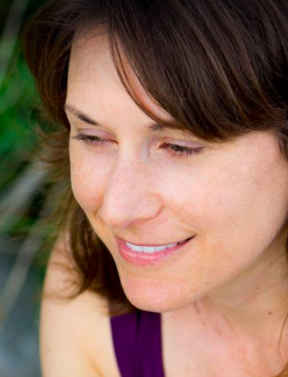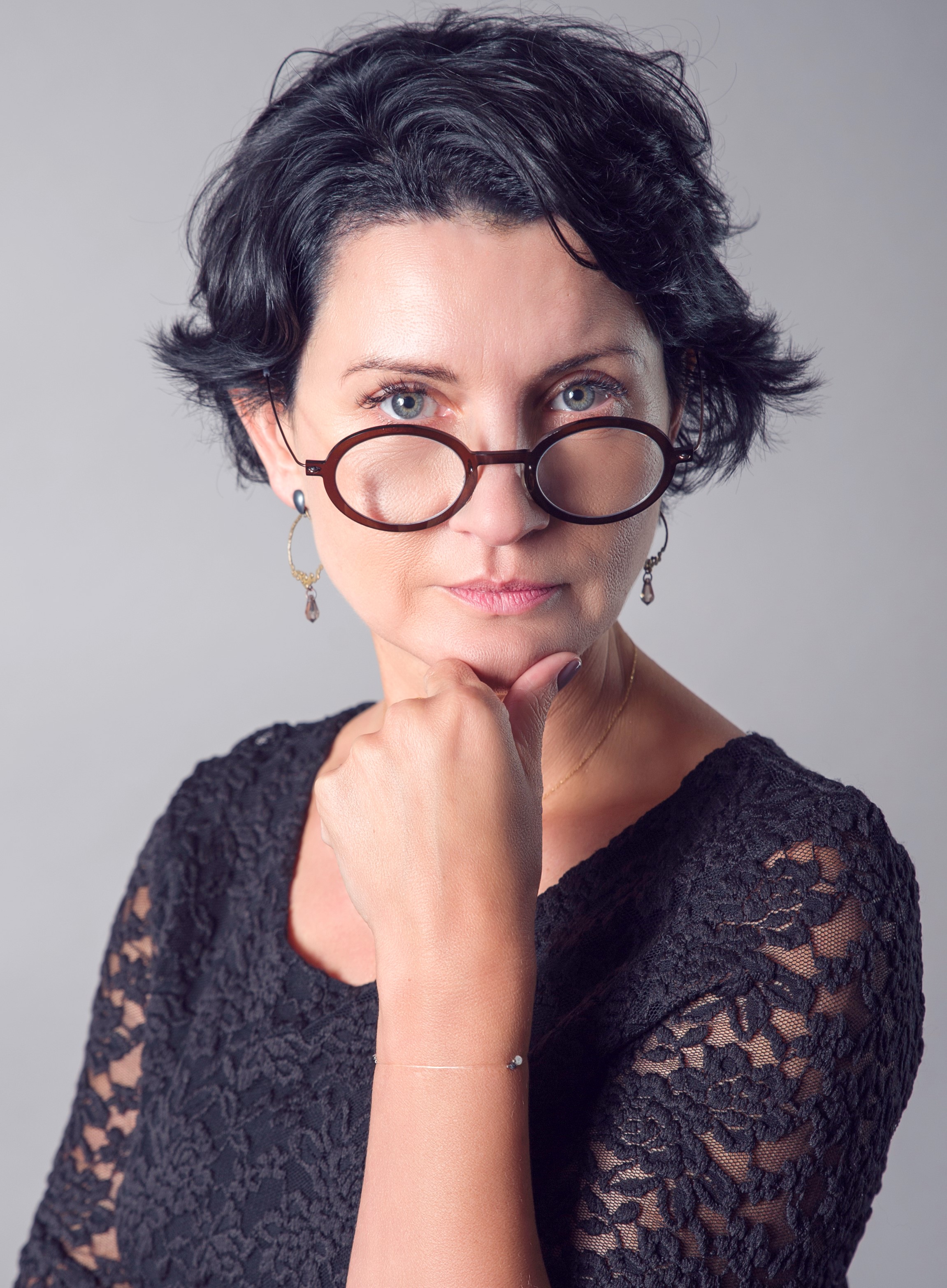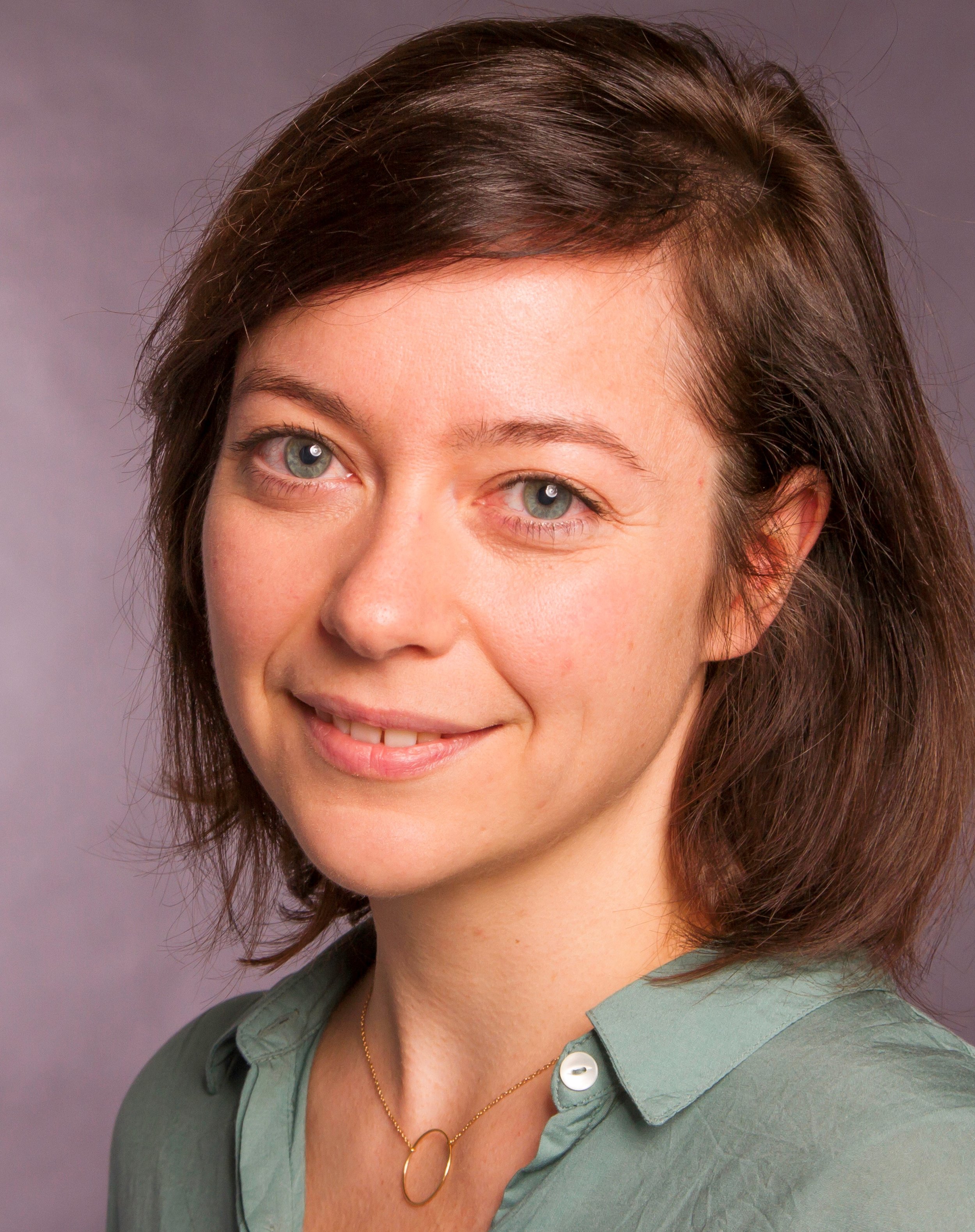Introductions
As of January 1st 2018, the European Journal of Personality's team of associate editors has been expanded with three amazing researchers. Erika Carlson, Małgosia Fajkowska, and Odilia Laceulle were kind enough to introduce themselves by means of answering several questions.
Read more about who they are, their research interests and hobbies, and the research they hope to be seeing as associate editor below.
Q: Hello all, can you tell me a little about you and your research?
Erika: I study self-knowledge, specifically if people's self-perceptions align with fairly objective measures of their personality as well as if people know how other people experience them. I’m interested in person perception, morality, mindfulness, and the self. I work at the University of Toronto. I love rock climbing, running, biking, reading, and playing with my dog, Rogue. In fact, I wanted her picture to be my candid photo, but I'm guessing that's not ok. (Note: Unfortunately, it was not, but we did add the picture below the interview because she was so cute!)
Małgosia: Across different topic areas, I am constantly attracted to the complexity and completeness That is why I tenaciously search for a “full-bodied psychology” of the individual human being. True to this I proposed my model of personality, which I refer to as the Complex-System Approach to Personality (C-SAP). The C-SAP’s meta-theoretical background embodies the general principles of system thinking and is designed to reconcile one of personality psychology cardinal concerns—personality coherence and incoherence. However, within this approach one can find possible answers to the questions about definition of personality; its organization and development. Moreover, within this model I formulated a new theory of personality traits and states, and built a typology of anxiety and depression.
My work is great fun for me. I work for the Institute of Psychology, at the Polish Academy of Sciences where I established the Laboratory of Personality Psychology. However, my professional activities are not the whole world for me. I have a family, a beautiful dog (Brussels Griffon) and some hobbies like studying Hebrew, St. Thomas theology, and buying earrings!
Odilia: Currently, I work as an assistant professor at the department of Developmental Psychology, Utrecht University, the Netherlands. In my research, I study individual differences in the development of psychopathology. Specifically, I am interested in the complex interplay between personality and the (social) environment. How does your environment affects who you are, and how do you select environments based on your existing personality traits? And how are these processes of influence and selection related to the development of psychopathology (general psychopathology and personality pathology specifically)? Besides research, I like playing cello, growing my own vegetables, travelling and cats.
Q: How did you become interested in personality psychology in the first place?
Erika: In my masters project, I heard Tom Oltmanns give a talk about how narcissists had some insight into how others perceived them and I thought that this form of person perception and personality disorders in general was fascinating. I’ve been hooked ever since.
Małgosia: Well, at the beginning of my career I was involved in studies on gender identity and transsexualism. It was a really complicated topic. However, I resigned because it was frustrating for me to accept sex reassignment as the best solution for eliminating the suffering of people who identified as transsexual. While studying transsexualism, I noticed how important individual differences and personality mechanisms are in the formation of disordered gender identities. It was the beginning of my love for personality psychology and my fascination has only become greater and greater since that time. For me, personality psychology should be called “Her Majesty”, for she is a Queen of Psychology!
Odilia: For as long as I can remember I have been fascinated by how different people are, sometimes despite growing up in a relatively similar environment. I knew I wanted to learn more about these differences and the consequences of these differences for later life. While following a course on personality during my psychology bachelors program, I realized that personality psychology could help me answer some of my questions.
Q: In your new position as Associate Editor, what kind of research are you hoping to see at EJP?
Erika: I'm less hopeful about topics as I am about research that demonstrates deep thought about construct validity and replicability.
Małgosia: Breathtaking! Groundbreaking! I am not sure if the Editor-in-Chief will be delighted with this statement but I would be happy to see more theoretical papers. There remain a number of burning questions within the field (e.g., what is the relation between traits and behaviors) and EJP seems to be the right place to debate them.
Odilia: I’m looking forward to reading manuscripts that go beyond what we already know, manuscripts exploring new ways to think about, conceptualize and assess various aspects of personality. But at the same time, manuscripts in which the authors are critical, open minded and transparent about aspects of their study that turned out more complex than anticipated. I believe that this combination can contribute to great papers and a next step forward in personality psychology.
Q: Do you have any advice for young scholars who are interested in personality psychology?
Erika: The best advice that was given to me was “Interesting questions in psychology haven't really been answered, and if it looks like it has, chances are you can probably do it better now”. This was before the replication crisis so it's even more true now. I think the general point is to not get discouraged if you think you can't come up with novel questions – there are many ways you can tackle your research questions and/or improve on old work.
Małgosia: Yes, please do not forget to study philosophy. And, do not start from the Enlightenment, but the Ancient times. Psychology developed from philosophy and still is animated by philosophy, however in a more implicit way. Knowing philosophy helps us to uncover these hidden frameworks that provide the scaffolding for personality theories. The question is whether the authors of personality theories know that they have a specific philosophy, and whether they can articulate the relevant aspects of that philosophy. Thus, if we cannot escape from philosophical issues, it is probably better to be philosophically informed than to be philosophically ignorant. In addition, philosophy helps you to think critically.
Odilia: Read, think, and write on a daily basis. But in addition, see whether you can work with the people in the field whose work you find most inspiring. During my years as a PhD student, but also in my current work, I experience(d) how willing personality researchers generally are to share their data and collaborate on a paper or project. It often results in strong papers, and also offers the possibility to learn and become part of a great community of personality researchers at the same time.
Q: Thank you for the interview!
A picture of Erika's dog Rogue



